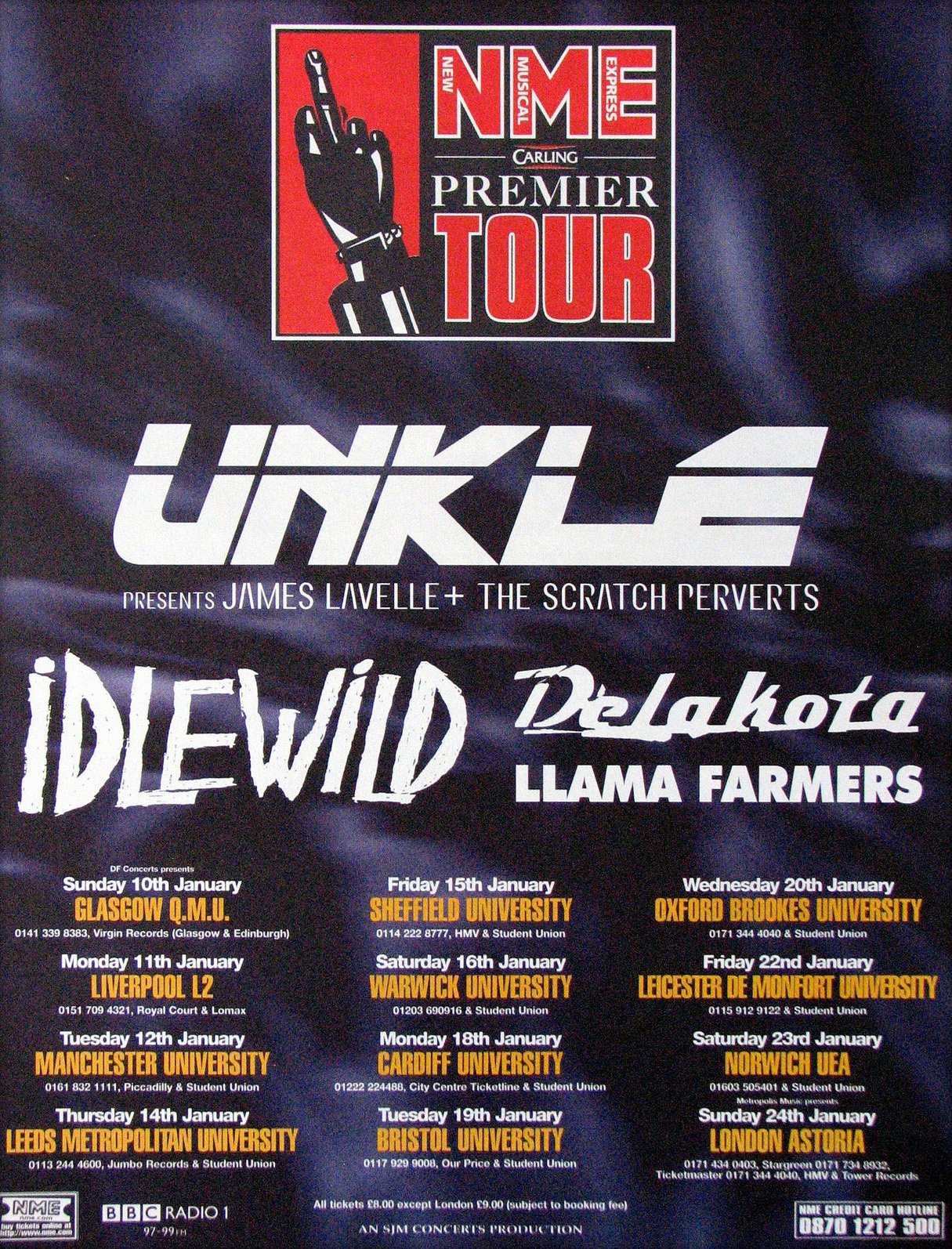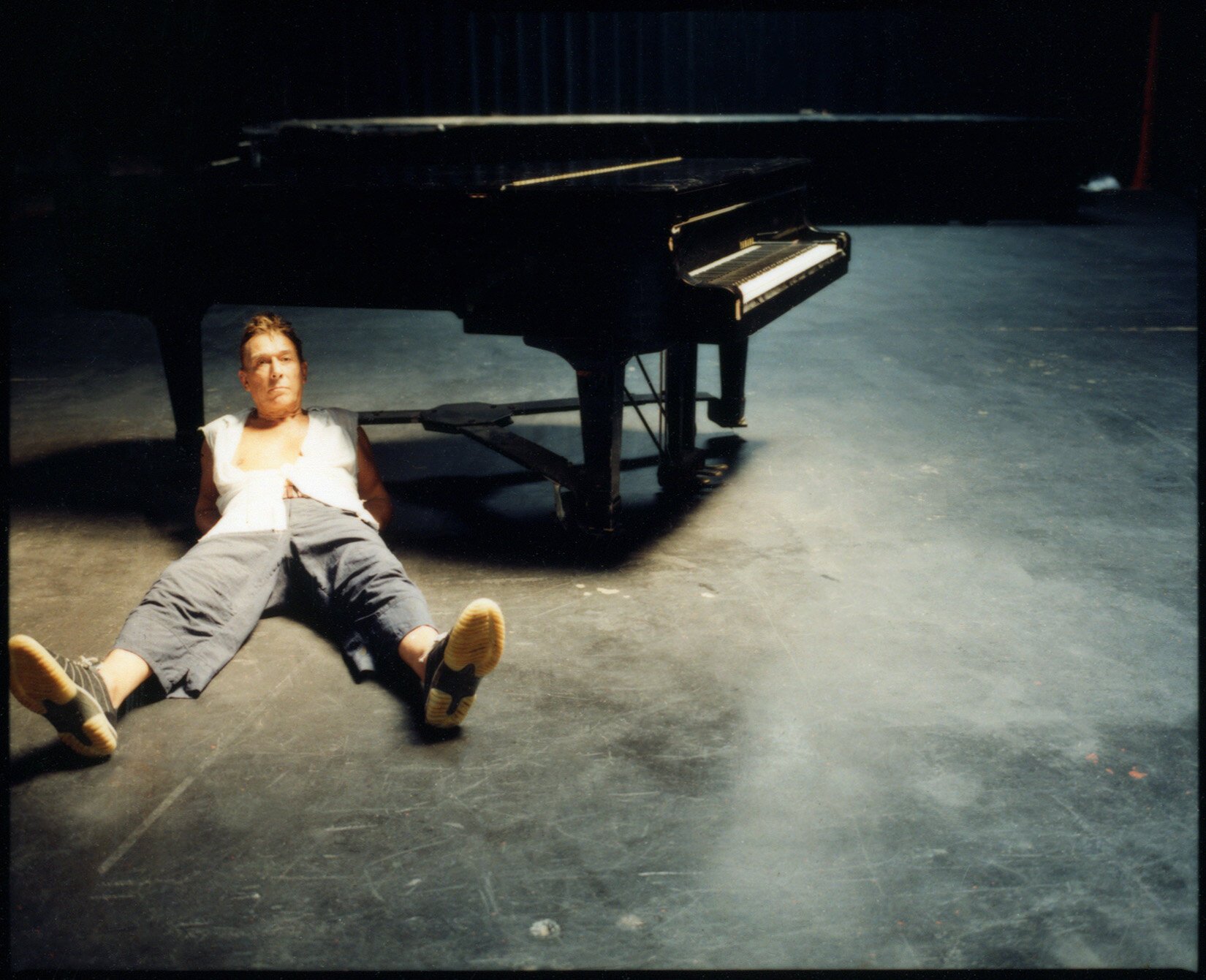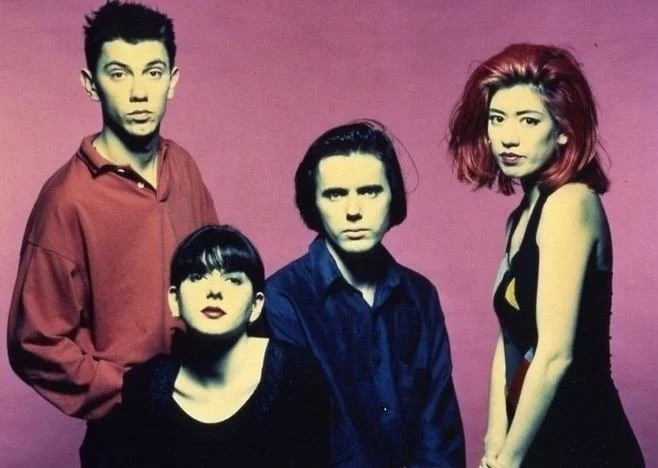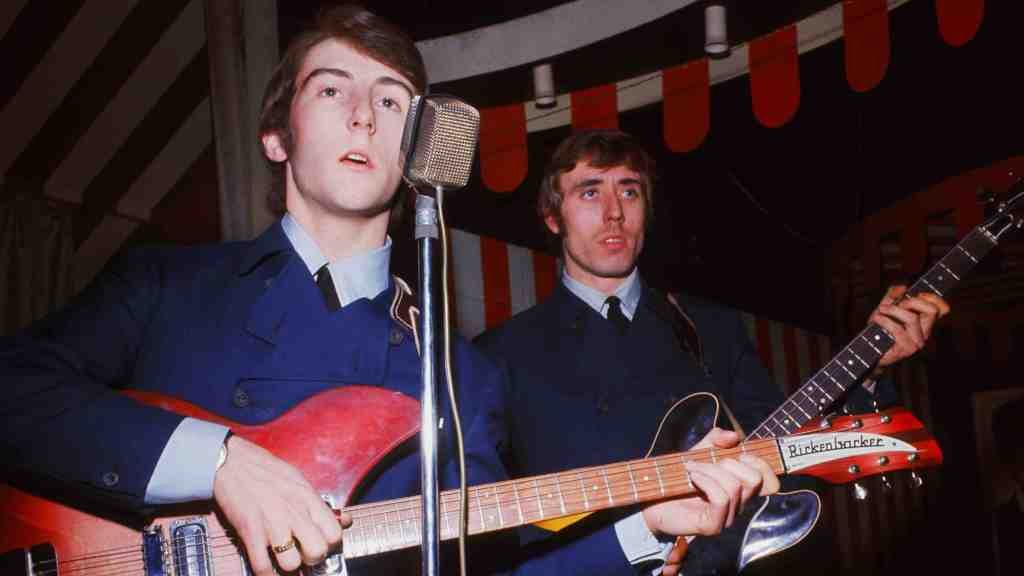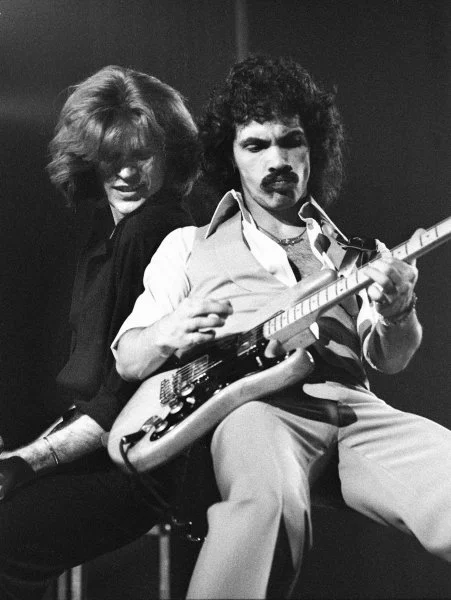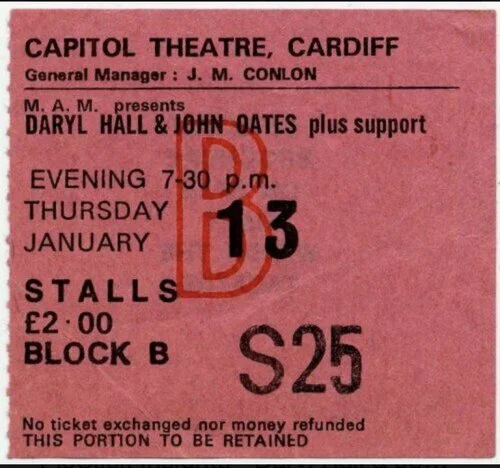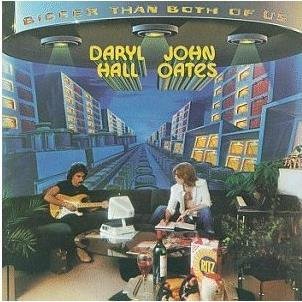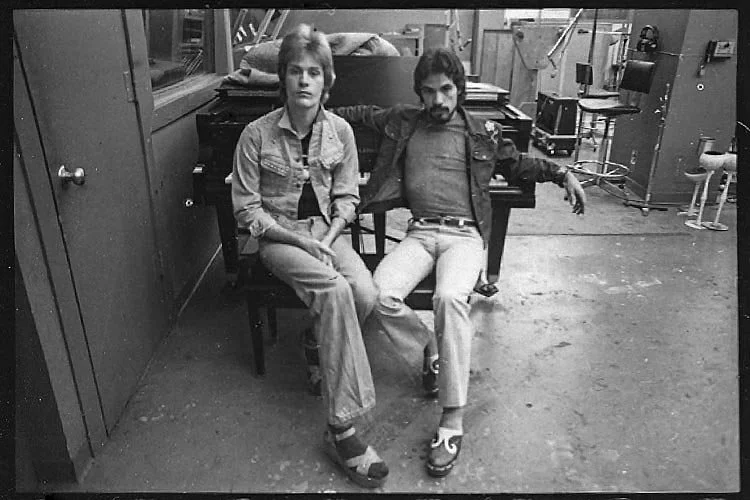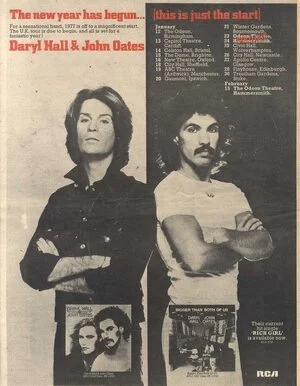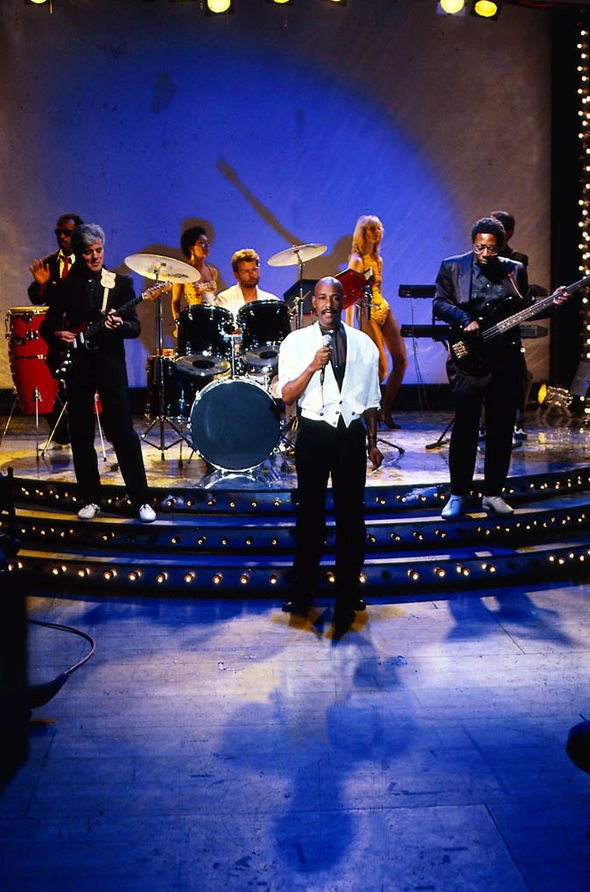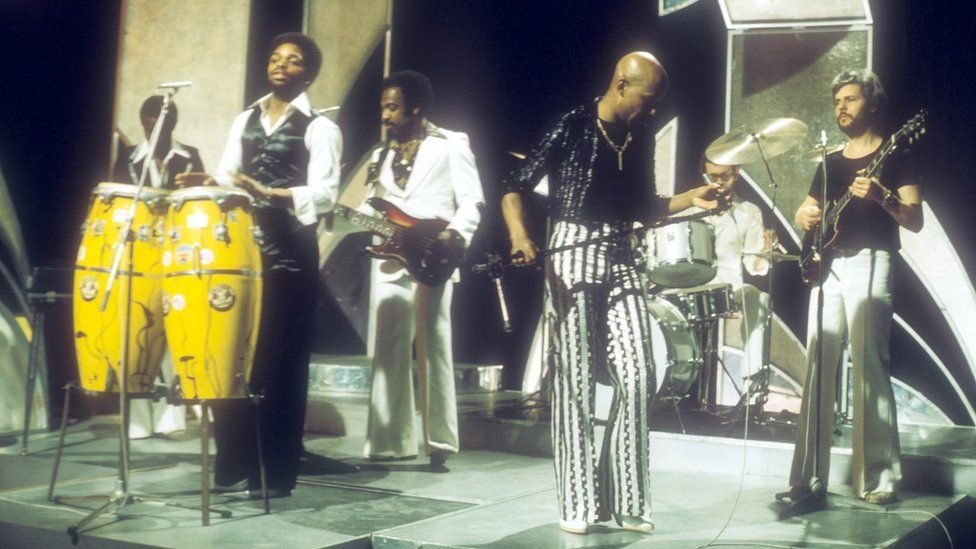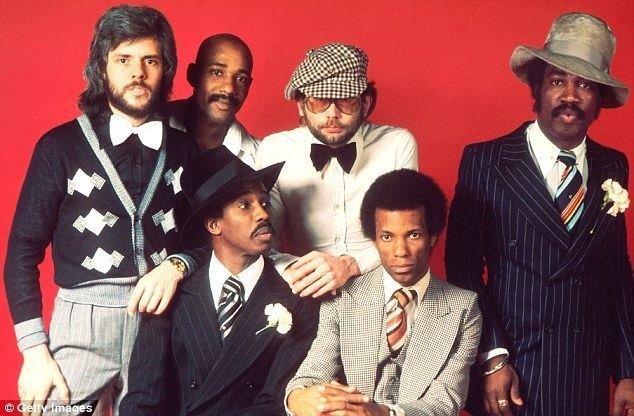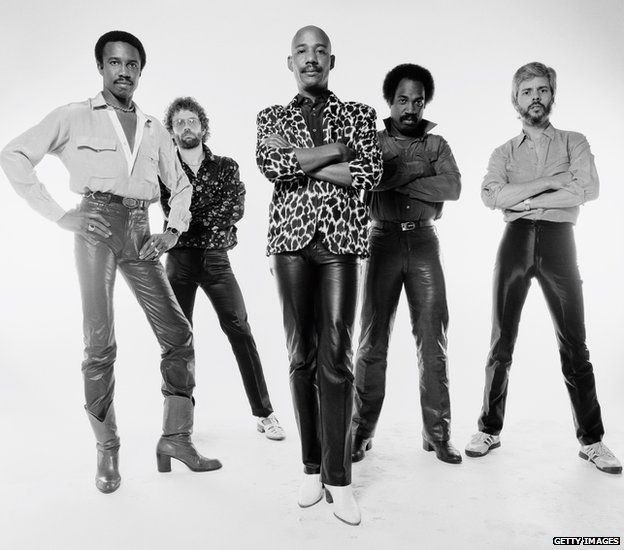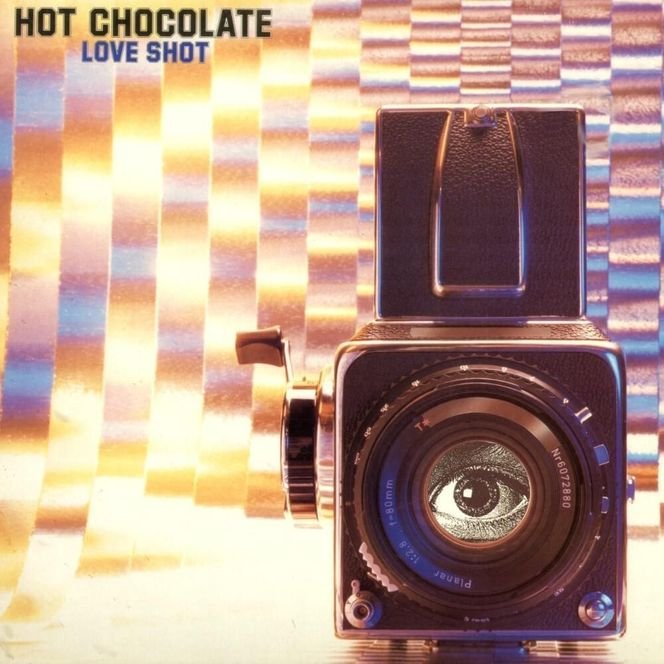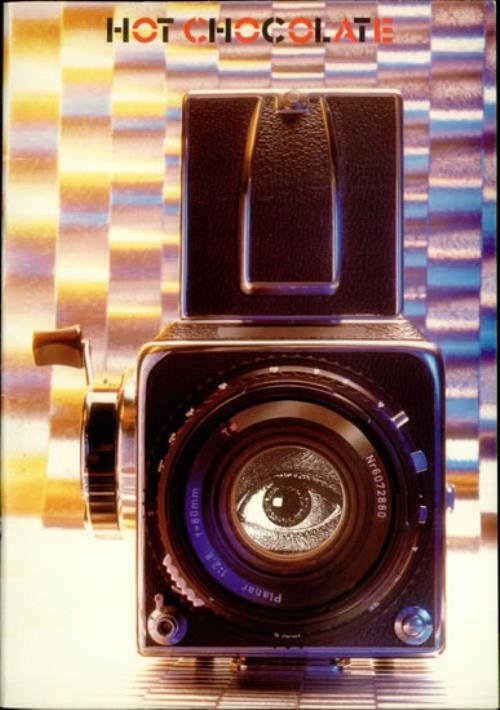Images may be subject to copyright
On this day, 19 January 1972, British blues rock band Ten Years After played Cardiff University with support provided by Jude, a new band comprising of guitarist Robin Trower, ex-Stone the Crows bassist/singer James Dewar, and former Jethro Tull drummer Clive Bunker.
It is said that Alvin Lee and Leo Lyons again changed their name in 1966 from The Jaybirds to Ten Years After – in honour of Elvis Presley, one of Lee's idols. (This was ten years after Presley's successful year, 1956).
Some sources claim that the name was pulled by Leo Lyons from a magazine, advertising a book, Suez Ten Years After (referring to the Suez Crisis).
In 1971, the band switched labels from Deram to Columbia Records (US) and Chrysalis (UK) and released the hit album A Space in Time, which marked a move toward more commercial material.
It featured the group's biggest hit, "I'd Love to Change the World".
In late 1972, the group issued their second Columbia album Rock & Roll Music to the World and, in 1973, the live double album Ten Years After Recorded Live. The band subsequently broke up after their final 1974 Columbia album, Positive Vibrations.











